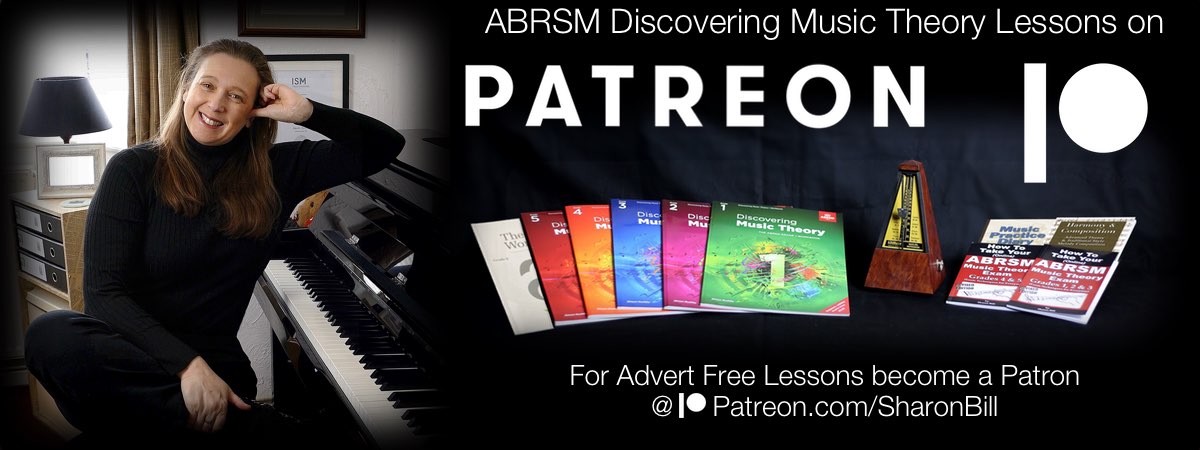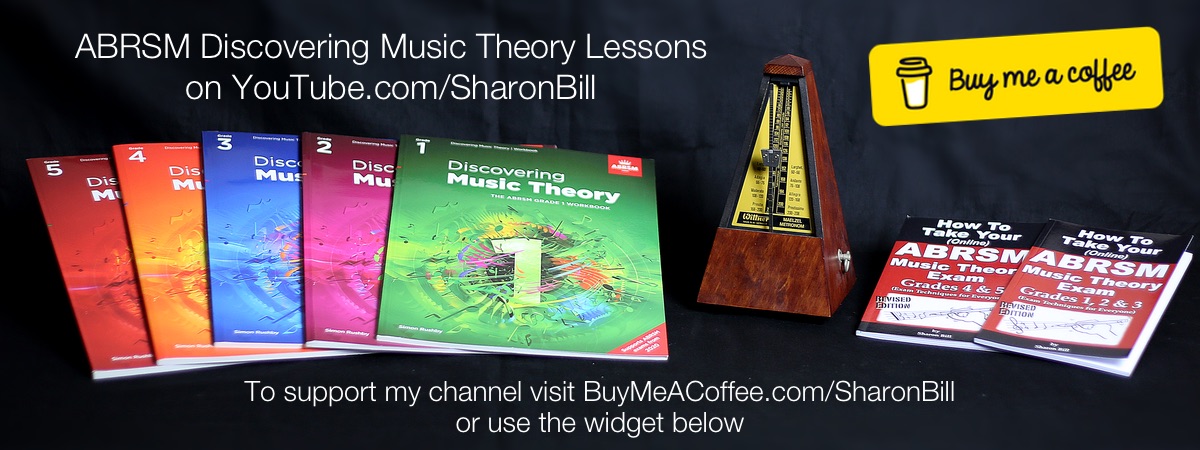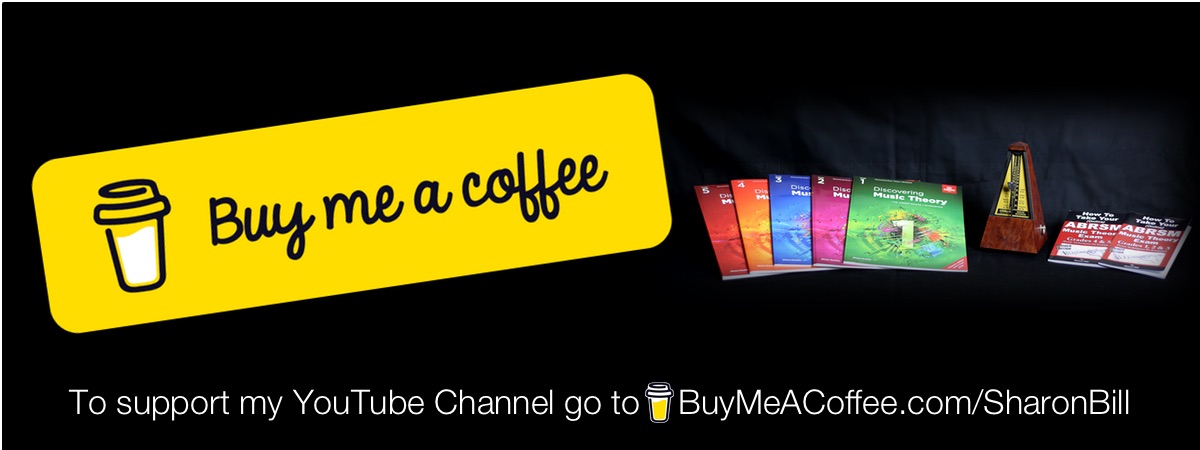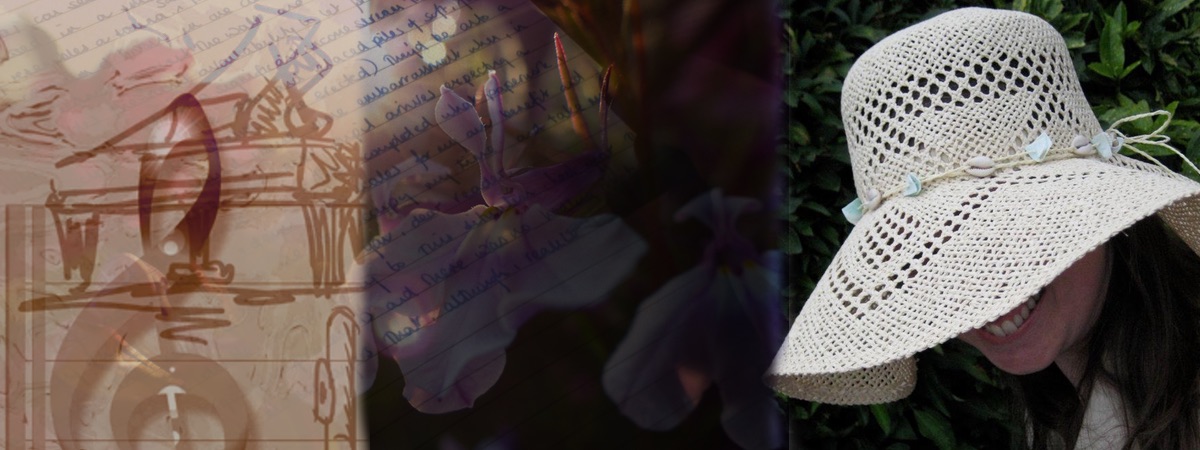Is Music Art or Science?
16/05/15 23:06 Filed in: Newchapel News Articles | Music

Is learning to play an instrument a discipline of the arts or the sciences. It's surprising how history and culture shapes how we view learning. As a music tutor I write for a quarterly parish magazine. In this article from last year I grapple with the way society now approaches the arts…
The answer to this question isn’t as obvious as it might seem at first glance. How we approach learning to play a musical instrument is hugely affected by schools of thought which change with trends in thinking over time. Today, we would instantly exclaim that learning to play a musical instrument and musical performance are automatically linked with the arts. We assume that artistic ability has a massive impact on our ability to learn to play and we usually think that such ability is something that we have either ‘got’ or ‘not got’ in our nature. This view is bolstered by the fact that education systems link the subject of music under the umbrella of either Arts or Humanities. Such thinking hasn’t always been the case, in fact it’s a school of thought that is really quite recent.
Previously music was always grouped with the sciences. In many ways grouping the study of music along with other sciences isn’t as odd as it may first seem, especially when you consider that the word science literally means ‘knowledge’ - and you need to master a knowledge of an instrument in order to be able to play. Approaching the study of music and learning to play an instrument from this angle can be more helpful as it has relatively little to do with inspiration but requires an awful lot of application! The scientific approach is appropriate because practising music can be seen in terms of learning systems and applying formulas. Repetition of these formulas and altering small aspects necessary to perfect the outcome is the essence of regular music practice. Inspiration may well be what drives us to persevere with so much effort and artistic interpretation may well be added into the mix once the systems are reaching perfection. The scientific label makes it quite clear that music is all about application and accuracy. I’m sure that an engineer would not argue that the subject falls under the category of science, but I’m also sure that an engineer also needs a dash of creativity at some part of the design process.
In practice the scientific aspect of playing music has to do with learning to read the notation and then the constant repetition to make translating the symbols of notation make sense on a musical instrument. Playing a musical instrument can be thought of as being very mathematical! I know for sure that playing a Bach Prelude and Fugue, which has a tremendous amount of technical fingering, is very mathematical. The fact that the end result sounds like beautiful music (if you’ve got it right) doesn’t alter the mathematical aspect, it is just added into the mix. It is always surprising for me to remember just how many times you need to play through a piece - breaking it down into small chunks, building it back together, building up the speed - it never, never comes naturally! There is no doubt that some people find learning to play an instrument easier than others. It is also true that if you play often then new music comes together more easily - but it always requires diligent effort.
To confuse the question even more it is true that some people learn to play an instrument in a more abstract way. Some people learn the systems of music by seeing shapes rather than formulae. This can perhaps be explained as visual learning. You are probably a visual learner if you prefer to write things down, remember faces rather than names or create mental pictures and use descriptive words to explain colours, shapes and locations. I know that I learn this way - I used to say colours to my parents to explain how I felt (poor mum and dad!) and I manage to calculate maths problems by imagining chunks of chocolate! It is when musical study is approached from this angle that it is more easily recognised as a member of the arts and humanities groups. The weakness that occurs from placing instrumental study in this grouping is that it tends to overlook the necessary amount of hard work and regular application needed to play an instrument well. If you think of playing an instrument purely from an artistic point of view today’s idea of art can ignore the more rigid aspects of musical study. This is even true in art itself. We often imagine that you have to just naturally ‘be’ artistic and forget that a study of perspective, form, colour theory and the artistic materials such as paint, brushes, watercolours etc. needs diligent effort. My husband is an artist and he has spent decades working at his craft. What now seems natural to him is a result of many years constant practise. It is interesting that as a teenager he came to a crossroads in his choice of career; he was equally interested and able in either chemistry and art and he needed to make a choice of which to specialise in.
Current thinking would have us expect that we are either ‘arty’ or ‘into science’ - and that these two branches are mutually exclusive. Sometimes labels are not always helpful and often we need to have a bit of both.





